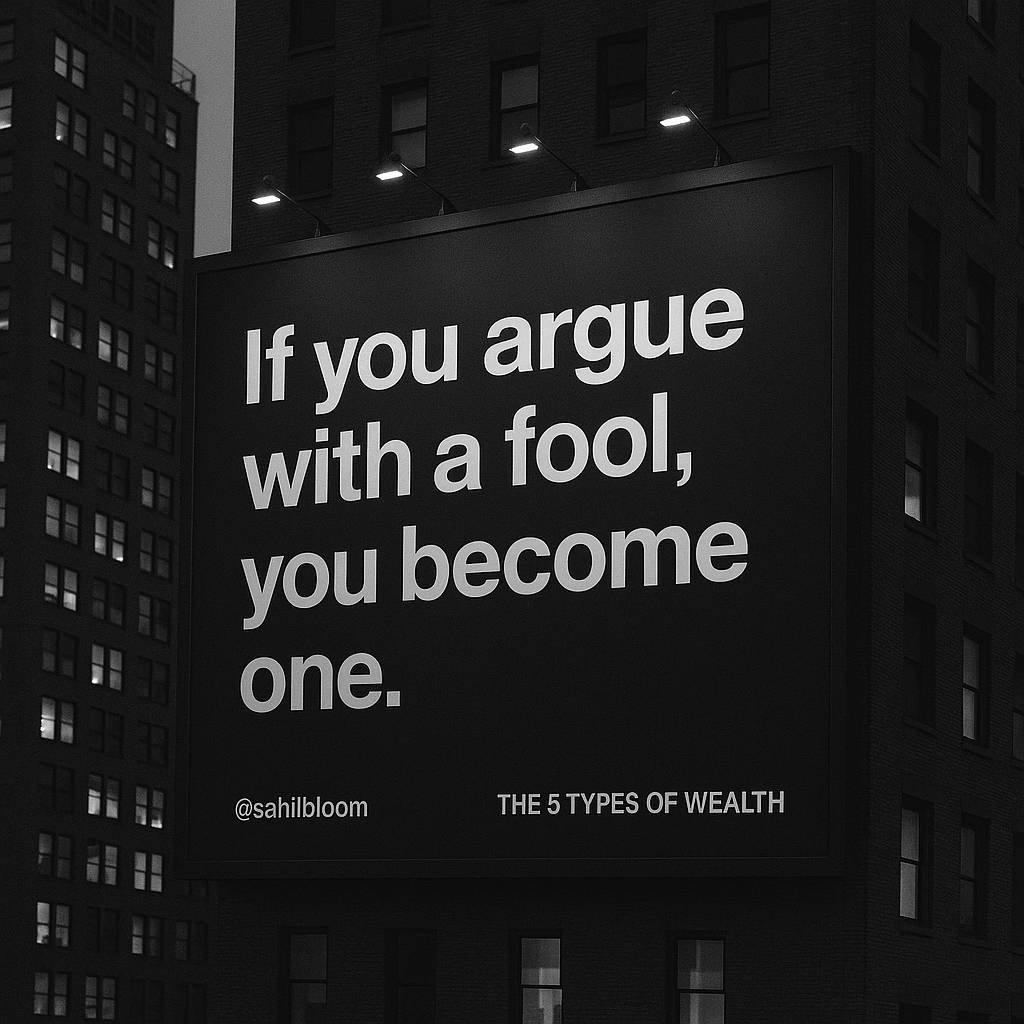The Donkey Principle: How to Avoid Foolish Arguments
Today at a Glance
What’s a Rich Text element?
The rich text element allows you to create and format headings, paragraphs, blockquotes, images, and video all in one place instead of having to add and format them individually. Just double-click and easily create content.
Static and dynamic content editing
A rich text element can be used with static or dynamic content. For static content, just drop it into any page and begin editing. For dynamic content, add a rich text field to any collection and then connect a rich text element to that field in the settings panel. !
- ml;xsml;xa
- koxsaml;xsml;xsa
- mklxsaml;xsa
How to customize formatting for each rich text
Headings, paragraphs, blockquotes, figures, images, and figure captions can all be styled after a class is added to the rich text element using the "When inside of" nested selector system.
There’s a story I read a few years ago whose lesson stuck with me:
One day, a Donkey and a Tiger got into an argument over the color of the grass.
“The grass is blue,” said the Donkey.
“That’s ridiculous,” replied the Tiger. “The grass is clearly green.”
When the argument grew more and more intense, they decided to find the Lion, King of the Jungle, to settle the debate.
When they approached the Lion, the Donkey exclaimed, “Your Highness, isn’t it true that the grass is blue?”
“Yes,” the Lion calmly answered, “The grass is blue.”
Not yet satisfied, the Donkey continued, “The Tiger disagrees and argues with me. You must punish him.”
The Lion nodded, “I will. The Tiger will be punished with a year of silence.”
The Donkey walked off into the jungle, celebrating his victory.
Before the Tiger turned to leave, he looked up at the Lion. “Your Highness, why have you punished me? After all, you must see the grass is clearly green.”
The Lion nodded, “Yes, of course the grass is green.”
“Then why am I being punished?” asked the Tiger.
“Because someone as wise as you should never waste time proving anything to a fool.”
Let’s call its lesson The Donkey Principle:
There will be times in your life when you’re drawn into a discussion with someone who has no capacity to act in good faith.
They have no intention of listening to your position or changing their mind.
They just want to argue.
In those moments, you can choose to opt out.
Stop justifying your position to people who show no willingness to hear it. Stop trying to create understanding with those who appear determined to misunderstand. Stop chasing rational outcomes with irrational opponents.
The older I get, the more I realize peace has a price. You buy it by saying no. No to drama. No to noise. No to arguments. Each no creates space for the yes that truly matters.
Actor Keanu Reeves said it best:
“I'm at the stage in life where I stay out of arguments. Even if you say 1+1=5, you're right. Have fun.”
We live in a modern world where social media makes it easier than ever to get pulled into pointless fights. No matter your views or beliefs, someone will make it their mission to drag you into the metaphorical mud.
Before you enter any debate, ask yourself two questions:
- Does this person show a willingness to listen and change their mind?
- What evidence would cause me to change mine?
The first question ensures good faith on their part.
The second ensures it on yours.
As the old saying goes, “Never wrestle a pig in the mud. You both get dirty—but the pig will enjoy it.”
Perhaps this is all best summarized with one simple line:
If you argue with a fool, you become one.
















